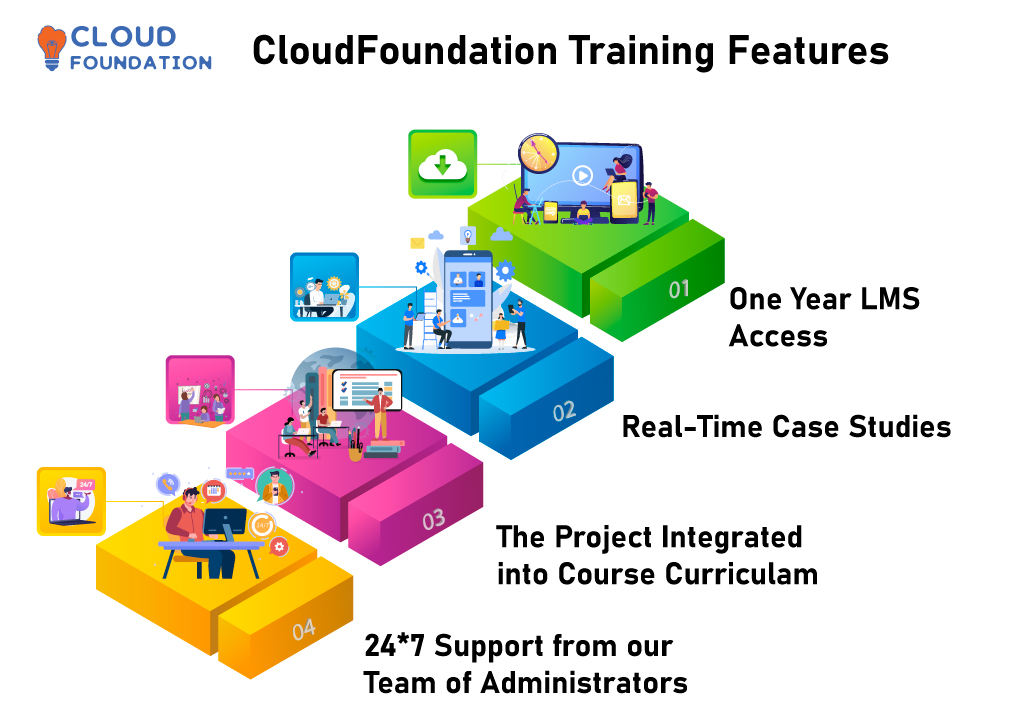SAP SCM Course -The only Analytics Course you need
⏰24 hours | ▶️ 24 Videos | 📣 49 Participants | 🔥11 Reviews
Choose a Plan that Works for You
Self Paced
- Advanced sessions
- Interview Q&A
- Free study Materials
- Premium Technical support
Instructor Led Live Training
- Live Instructor
- Advanced sessions
- Interview Q&A
- Premium Technical Support
Corporate Training
- Live Instructor
- Advanced sessions
- Interview Q&A
- Premium Technical Support
Upcoming Batches EST
Weekday
| Jan 12(1 HR A DAY) |
| 07:00 PM PST |
| Enroll Now → |
Weekday
| Jan 27(1 HR A DAY) |
| 07:00 AM PST |
| Enroll Now → |
Weekend
| Jan 22(1 HR A DAY) |
| 06:30 PM PST |
| Enroll Now → |
Upcoming Batches IST
Weekday
| Jan 13(1 HR A DAY) |
| 07:30 AM IST |
| Enroll Now → |
Weekday
| Jan 27(1 HR A DAY) |
| 07:30 PM IST |
| Enroll Now → |
Weekend
| Jan 23(1 HR A DAY) |
| 07:00 AM IST |
| Enroll Now → |
Course Description
A comprehensive ERP module called SAP SCM (Supply Chain Management) is created to assist the critical operations of a successful company, such as inventory management, production planning, quality control, and warehousing.
Organizations may track and manage inventory more effectively, increase manufacturing productivity, guarantee product quality, and use integrated business planning techniques by utilizing SAP’s cutting-edge technology with SAP SCM.
An introduction to SAP SCM is provided in this course. An overview of SAP SCM’s elements and functionality, including its most important modules and objects, will be given to learners.
Demand planning, supply network collaboration, business objects, the SAP business warehouse, and production planning will be covered.
Learners will acquire practical experience utilizing SAP SCM to automate their logistical processes, including inventory management, supplier coordination, product quality control, demand forecasting, and strategies for inventory replenishment.
The introduction of SAP’s Business Warehouse and Business Objects and how they combine to provide automatically generated reports and simple-to-understand analytics comes next.
The following course examines SAP Demand Planning’s elements and how to utilize them to estimate customer demand and make effective inventory strategies.
Reviewing Supply Network Collaboration, which facilitates effective product and supplier information sharing between many departments and processes, comes after this.
The participants will also learn how to manage their production processes and streamline manufacturing operations using production planning, including resource and cost management.
The course’s final section covers advanced quality management, which enables users to ensure that all products and services provided accurately satisfy their clients’ needs. Learners will learn how to apply each SAP SCM component to practical examples throughout the course, giving them hands-on experience with each element.
By the end of the course, applicants should be able to effectively configure and use the various SAP SCM components to improve their organizations’ supply chain management capabilities.
To streamline their supply chain and raise overall efficiency, they should be able to spot areas of potential and inefficiency in their current procedures.
Applicants will also better understand how automating repetitive processes, enhancing accuracy, and maximizing potential production can help organizations prosper.
Course Content
1. Demand Management
- PIR consumption
- PIR creation.
2. Material Requirement Planning
- Planned order conversion
- Planned order creation/Purchase requisition creation.
3. Production Execution
Goods Issue, Order termination, Order placement, Order confirmation, Goods delivery, Order release.
4. Integration in SAP SCM
- Creating and Implementing Integration Models
- Integrated SAP R/3 and SAP SCM monitoring and error-handling tools
- Transfers in Increments for Master Data Changes
- Putting Integration Models Together.
5. Putting Integration Models Together
Production Data Structure (PDS), Locations in SAP SCM, Purchasing Information Records, Master Recipes and the PPM, Material Masters in SAP SCM, Transportation Lanes, Production Process Models (PPM), Resources in SAP SCM.
6. Modeling in my SAP SCM
- Versions in SAP SCM
- Models
- The Supply Chain Professional and Engineering.
7. Integrating Transactional Data
- Configuring Transactional Data Transfer
- Developing and deploying Integration Models.
8. Demand Planning Configuration
Planning Areas, Proportional Factors, Planning Object Structure, Characteristic Value Combinations.
9. Data Views and Planning Books
- Macros
- Developing Planning Books and Data perspectives.
10. Interactive Planning Features of the Interactive Planning Table beside
Using the Interactive Planning Table’s navigation.
11. Forecasting
Consensus-Based Forecasting, Promotion Planning, Performing a Univariate Forecast, Composite Forecast, Info Cubes.
12. Master Data and Transaction Data in SNP
APO Resource Master, Transactional Data Used in Planning Supply Networks, Quota Arrangements, Working with Master Data, APO Product Master, Executing a Univariate Forecast.
13. SNP Configuration
- Planning Books
- Macros and Alerts
- Planning Areas
- Transactional Data Used in Planning Supply Networks
- Introducing Quota Arrangements.
14. The Supply Network Planning Heuristic
Utilizing the SNP Heuristic to Plan Supplier Constraints, SNP Heuristic Scheduling, Hierarchical Planning, SNP Heuristic Run, Capacity Check, and Leveling
15. SNP Run Using Capable to Match
- Alternative PPM.s in CTM
- CTM Process.
FAQ’s
❓What is SAP SCM?
✅Supply Chain Management, or SAP SCM, is a component of SAP’s Enterprise Resource Planning (ERP) platform.
Planning, procurement, production, and distribution are supply chain stages to enhance operational visibility and improve decision-making.
❓What modules come under SAP SCM?
✅The following modules come under SAP SCM:
- SAP Event Management
- SAP Advanced Planning and Optimization
- SAP (EWM) Extended Warehouse Management
- SAP TM (Transportation Management)
- SAP Production Planning (PP)
- SAP Demand Planning (DP)
❓What are the benefits of SAP SCM?
✅Automate tasks like order processing, billing, and shipment tracking to save time and simplify data handling.
❓What is the job role of SAP SCM?
✅ An SAP SCM consultant’s primary duties include process analysis and design, documentation creation, test scenario development, and implementation support.
❓Is SAP SCM a module?
✅ Yes, SAP SCM (Supply Chain Management) is an SAP module. Organizations use it to optimize customer fulfillment and to increase the supply chain’s efficiency, performance, and responsiveness.
❓What skills are required for SAP SCM?
✅ SAP ERP/ECC expertise
SAP SCM procedures (demand management, supply network planning, production planning, etc.) knowledge
Exposure to SAP SCM modules, such as APO and TM
Best supply chain management practices knowledge.
❓Is SAP SCM easy to learn?
✅ Yes, It is simple to comprehend with the proper training and support.
Anyone can become proficient with the SAP SCM system with enough practice and effort.
❓Does SAP SCM require coding?
✅Although SAP SCM does not require coding, some coding, and configuration may be necessary. Most of the features offered in SAP SCM can be used without any code.
❓ What is the scope of SAP SCM?
✅ With the growing demand for efficient supply chain operations, SAP SCM is becoming increasingly popular.
❓ How long does it take to learn SAP SCM?
✅ Your previous expertise with SCM systems determines the difficulty of the execution and the level of knowledge you wish to obtain.
Related Blogs
Drop US a Query
Suggested Courses




MuleSoft Training
⭐⭐⭐⭐⭐
😃 221 Learners




Pega Training
⭐⭐⭐⭐⭐
😃 391 Learners




SailPoint Training
⭐⭐⭐⭐⭐
😃 106 Learners




WorkDay Training
⭐⭐⭐⭐⭐
😃 158 Learners
A few of our students
















Contact Us
